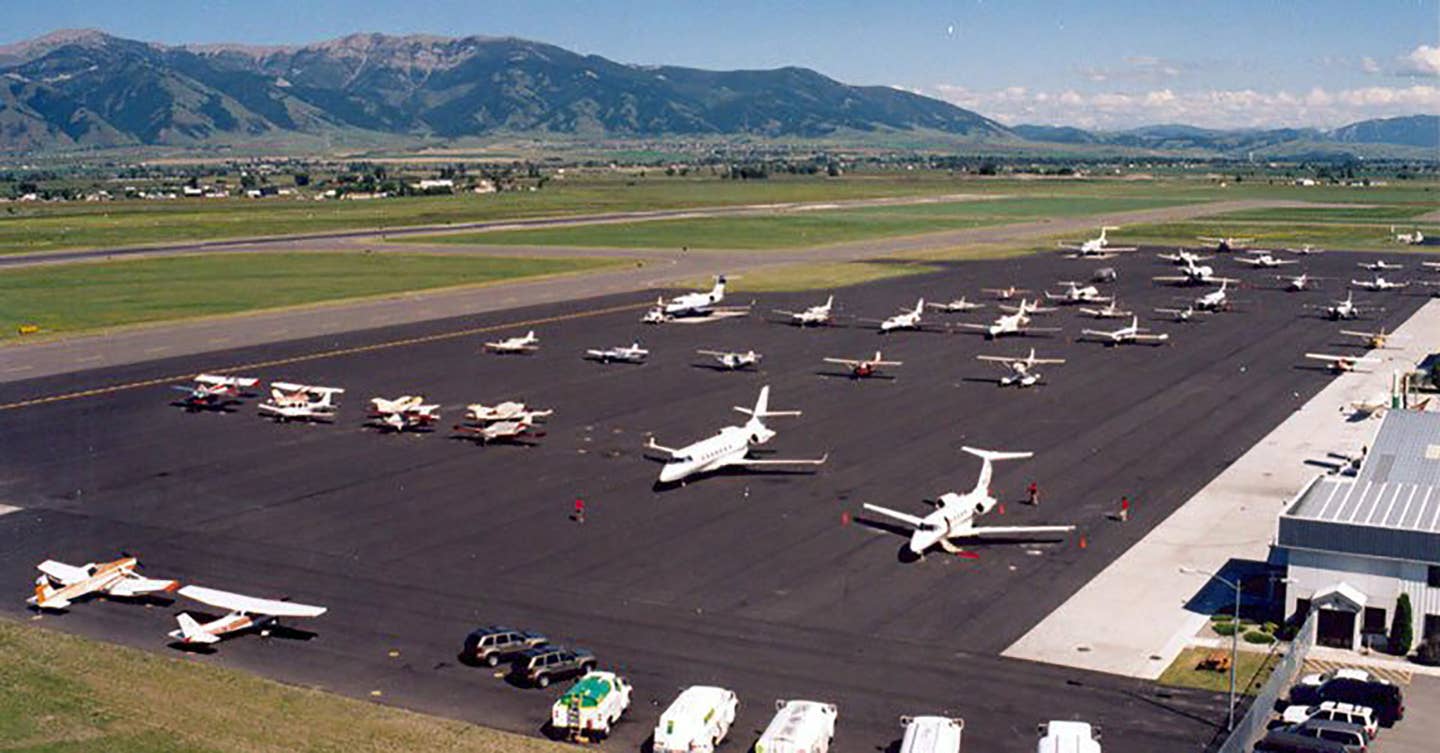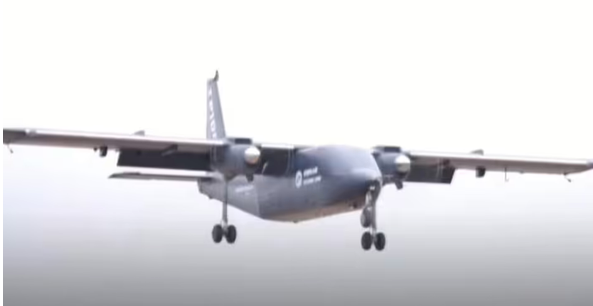Small Carriers, Charters Get Easier Payroll Relief
Most smaller air carriers and charters are breathing a sigh of relief with the federal government’s modification of the Coronavirus Aid, Relief, and Economic Security (CARES) Act that absolves them…

Most smaller air carriers and charters are breathing a sigh of relief with the federal government’s modification of the Coronavirus Aid, Relief, and Economic Security (CARES) Act that absolves them of providing financial security to the government. The Payroll Support Program in the CARES Act eliminates the requirement to provide “financial instruments” to the feds to qualify for grants if their payroll assistance is less than $100 million. The first version of the act was tailored for airlines and was structured to ensure that the money flowed to the workforce but it didn’t work for many smaller carriers because of their financial and operational structure. NBAA, the National Air Transportation Association and the Regional Air Cargo Carriers Association all sounded the alarm and the Department of Transportation made the adjustments.
“We appreciate the significant efforts of Treasury Secretary Mnuchin and Transportation Secretary Chao to understand the unique financial challenges of general aviation air carriers and provide additional flexibility while ensuring that taxpayers are properly compensated,” said NBAA President & CEO Ed Bolen. “These companies are often small and mid-sized businesses, which support jobs and economic investment in their local communities.” He also noted that most 135 operations are far below the threshold and have payrolls of less than $10 million.
Stuck in the middle are regional airlines, some of which meet the $100 million threshold but don’t have ways to supply the security the government is seeking. Most operate under contracts with major carriers who take the reservations and sell the tickets. They also lease, rather than own, their aircraft and equipment so can’t put up equity for security. Some provide money-losing service to small communities under the Essential Air Service subsidy program. The RAA said in a news release that it’s been talking to Treasury and officials are learning about this segment of the business. “We have a wide range of carriers in our organization and are confident the Secretary will work with each, individually, to ensure the Worker Relief grants are handled fairly and equitably and in a manner that does not disconnect smaller communities that get their air service from regional airlines of all sizes,” said CEO Faye Malarkey Black.






